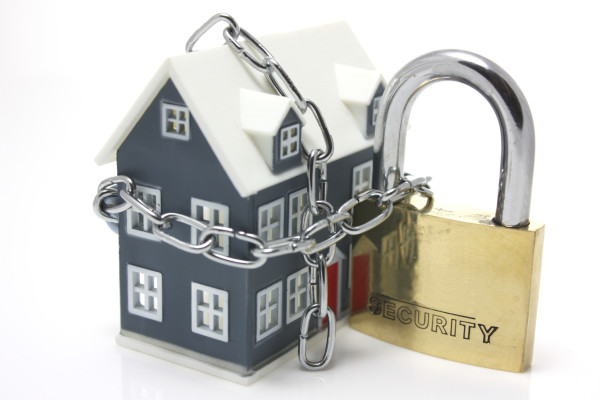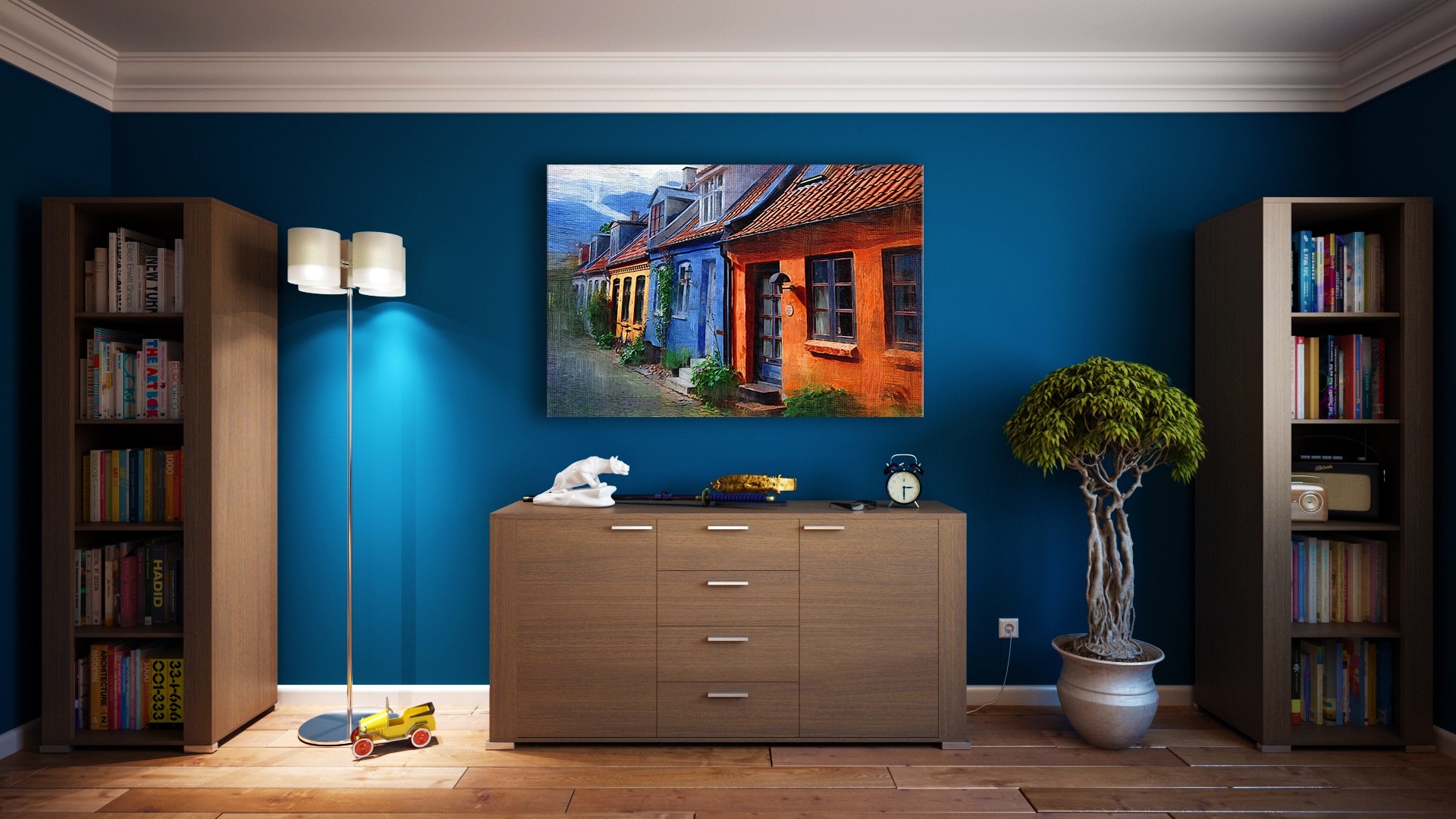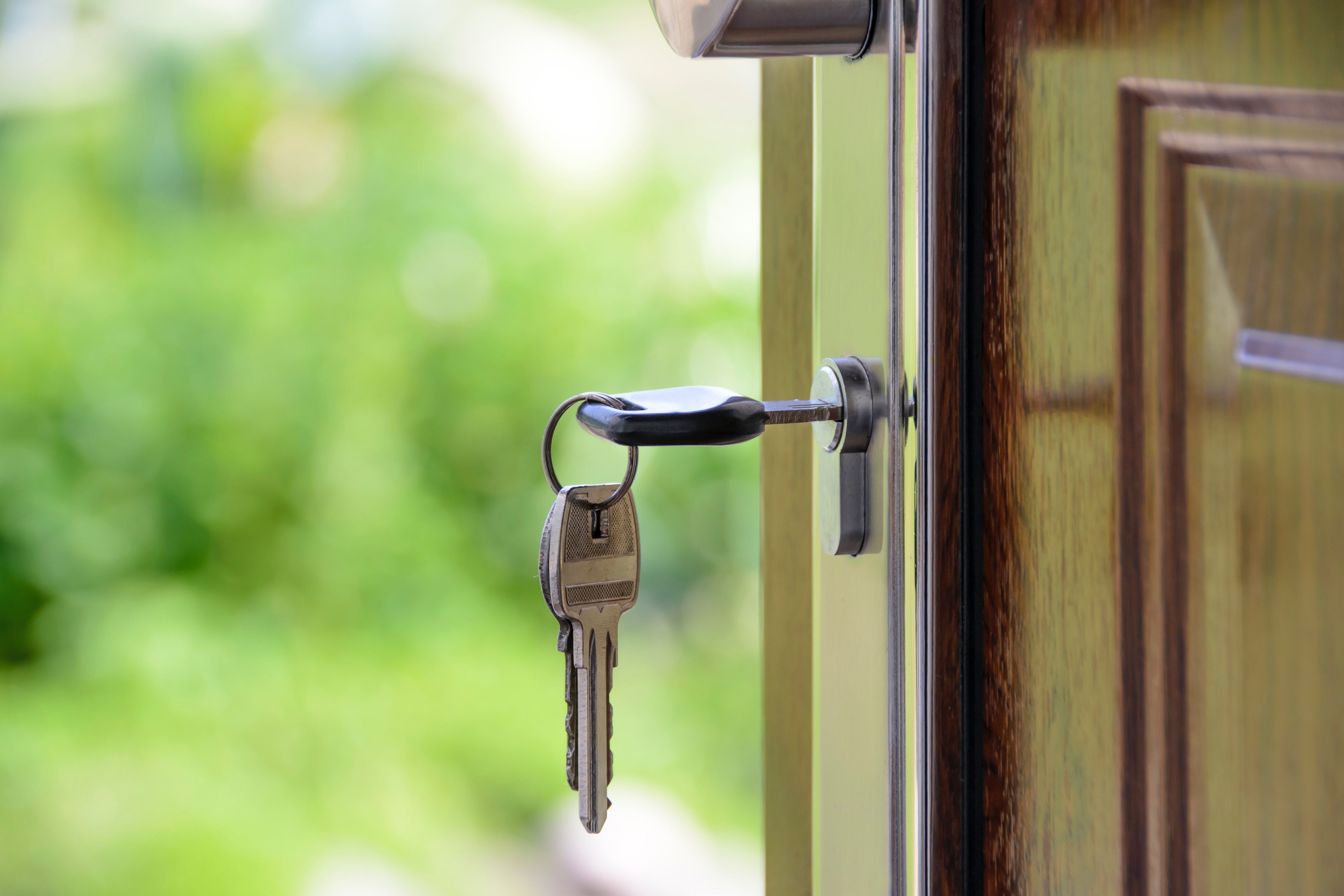
When you’re selling your home you already have one foot out the door. The problem is the property is still your responsibility even if you’ve moved on to another home.
Many home sellers don’t realize advertising a property that’s for sale can make it a prime target for thieves, vagrants and mischief. Vacant homes are particularly vulnerable. You’d be surprised how much can be stolen from a property even if no one lives there. Thieves have been known to steal appliances, lighting fixtures, hardware and basically anything they can pry loose from a vacant home.
Before you put your home on the market, whether you’re selling a home yourself or through a broker, it’s important to come up with a security plan and take a few precautions to protect your property.
Keep Your Home Security Plan Up-to-Date
If you already use a monitored home security system, keep making your monthly payments, especially if you’ve already moved out. Burglars prefer homes that are vacant, and a break-in could happen at any time. A monitored security system is your eyes and ears when you aren’t at the home. It can even alert the authorities for you if the alarm is triggered.
Don’t forget to put the home security sign up alongside the for sale sign. Genuine security signs can scare off burglars if they’re prominently displayed in the yard or on a front window. The Electronic Security Association (ESA) has found that upwards of 90% of burglars will avoid homes with an alarm system.
Keep Your Home Insurance Plan Up-to-Date
Another plan you don’t want to lapse is your home insurance policy. Should a break-in, burst pipe or natural disaster happen insurance a safety net that can mean the difference between making a sale and paying for two properties. As long as the deed is in your name it’s best to have home insurance coverage.
It’s also important to review your home insurance policy if the home is going to be vacant. Insurers understand the risk increases when no on is living at a property, and they may have special provisions for vacant homes. Also, ask if your insurer offers “Vandalism and Malicious Mischief Coverage” for added protection.
Install a Few Security Cameras
One thing that many sellers never think about is how letting potential buyers into your home can leave you susceptible to theft. Some people will purposely tour homes strictly to search for medications and expensive items that can be easily grabbed.
Installing a few wireless security cameras around the home will provide peace of mind that you can keep tabs on everything while you’re away. If something does come up missing you’ll be able to review the video to determine where it went.
Hide Your Valuables
You can head off possible theft concerns by hiding your valuables. Prescription medications, jewelry and electronics should all be tucked away out of sight before a viewing or open house. If you have really expensive items you may want to consider getting a safe to use while you’re home is on the market.
Always Schedule Showings Ahead of Time
To prevent scammers from entering your home never let someone in who just shows up at the door. All showings should be scheduled in advance for your own safety. Get the person’s name, drivers license number and contact information before agreeing to a time, and have at least one other person around for the scheduled showing.
Use Lighting Strategically
Burglars hate lights that illuminate a crime as it’s happening. One of the best things you can do to secure your home is set up lights around the exterior. Use a combination of lights that are on a timer and ones that have a motion sensor. This will ensure the lights come on when they’re really needed. Motion lights that send alerts via an app can also give you a heads up if there’s activity around your home.
Trust Your Gut
If something seems off or not quite right don’t brush off the feeling. Often our gut instinct is our internal alarm system warning us something is amiss. It’s always better to err on the side of caution and trust your gut.




 POSTED BY
POSTED BY 

